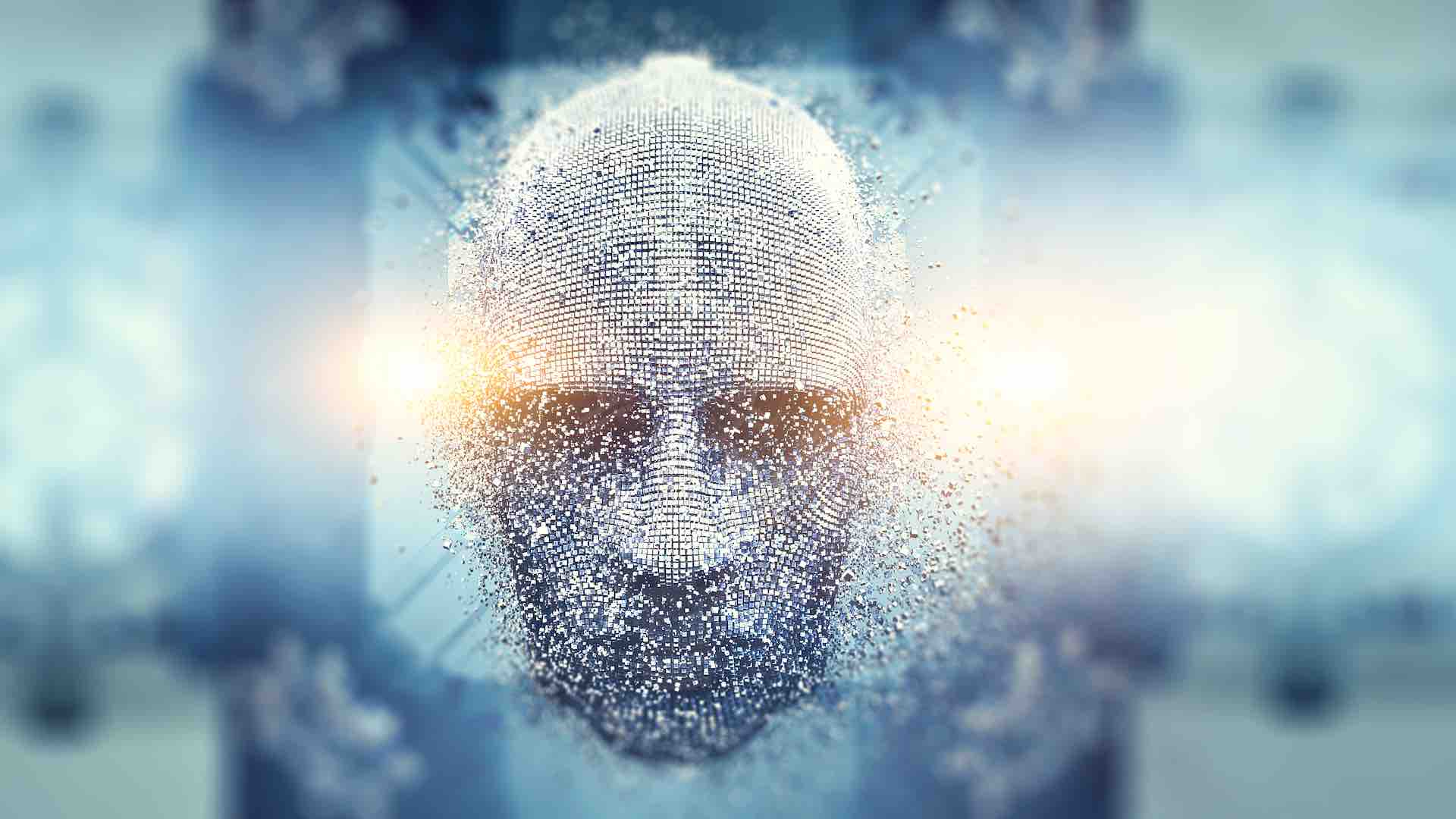Debate sparked by ChatGPT voice mode on AI relationships

OpenAI has recently introduced its new ChatGPT voice mode, which has raised concerns about the potential for users to become overly dependent on this advanced AI feature. The technology, designed to offer real-time, human-like responses, has sparked debates over its implications for human relationships and social behavior.
Launched last week for premium users, the ChatGPT voice mode represents a significant milestone in AI development, allowing for more lifelike interactions with AI systems. The feature can mimic human conversational sounds, such as laughter and interruptions, adding a new dimension of realism to AI interactions.
However, OpenAI’s safety review report has highlighted worries about the level of realism in the ChatGPT voice mode, warning that users might develop emotional attachments similar to those portrayed in the movie “Her,” where a man falls in love with his AI assistant. The company has observed instances of users expressing personal connections to the AI, raising concerns about the potential for users to replace human contact with AI interactions.
According to OpenAI, the new voice mode could potentially reduce users’ need for human interaction, presenting both opportunities and risks. While the technology could provide companionship for the lonely, it might also disrupt traditional social behaviors and relationships. The tool’s ability to discern emotions further complicates its impact on users.
Experts like Liesel Sharabi from Arizona State University have warned about the long-term consequences of forming deep relationships with evolving technologies. OpenAI’s report acknowledges the broader context of rapid AI deployment in society, highlighting the need for a better understanding of the implications of integrating AI into daily life.
Some users have already reported engaging in what they describe as romantic relationships with AI chatbots, raising ethical questions about the nature of these interactions. OpenAI recognizes these dynamics and suggests that the technology could redefine social norms, particularly in terms of conversational patterns and emotional connections.
Despite these concerns, OpenAI remains dedicated to responsible AI development, monitoring how its tools impact human behavior. The company stresses the importance of safety and emphasizes the need to understand the psychological effects of AI technologies as they become more ubiquitous in society.
This evolving situation underscores a critical issue in AI development: finding a balance between innovation and ethical considerations. As AI tools become more integrated into various aspects of life, discussions about their impact on human relationships and societal norms continue to evolve. This dialogue is driven by both technological advancements and user experiences, shaping the future of AI-human interactions.
In conclusion, the introduction of the ChatGPT voice mode by OpenAI has sparked important conversations about the role of AI in shaping human behavior and relationships. As technology continues to advance, it is crucial to consider the ethical implications of AI developments and strive for responsible AI integration in society.






